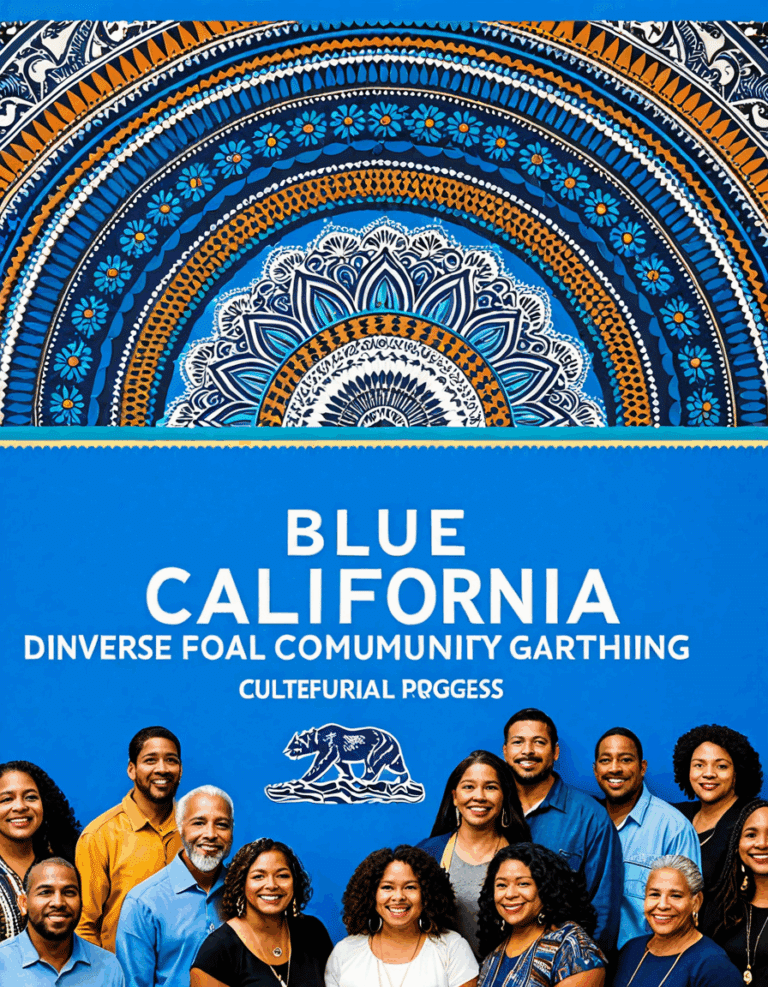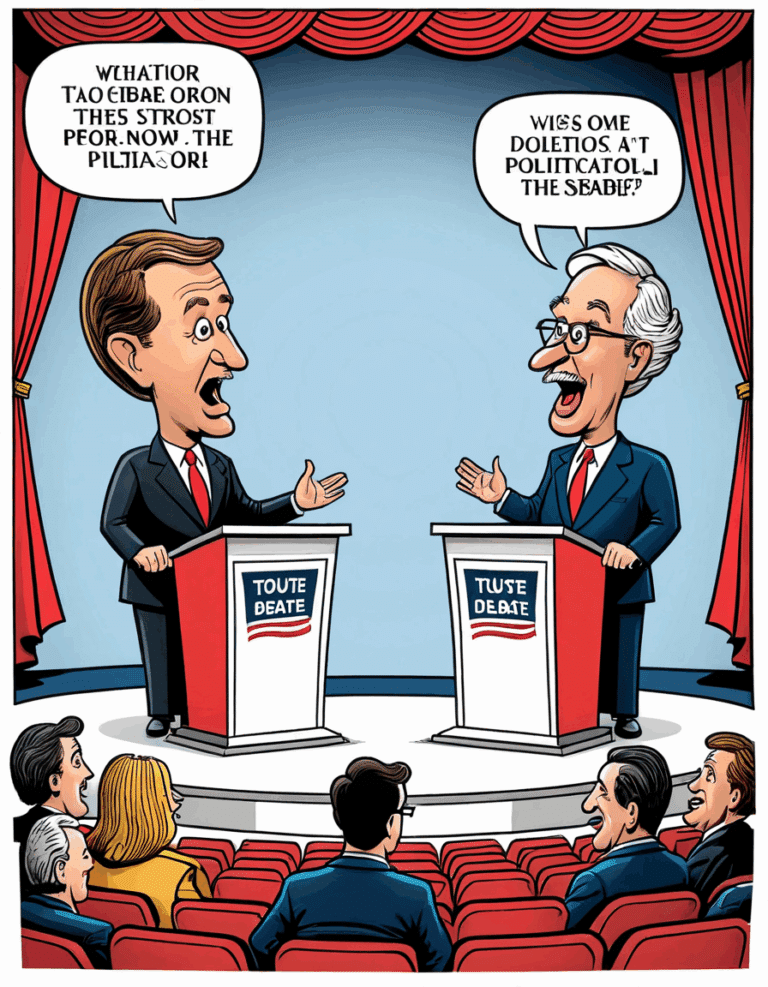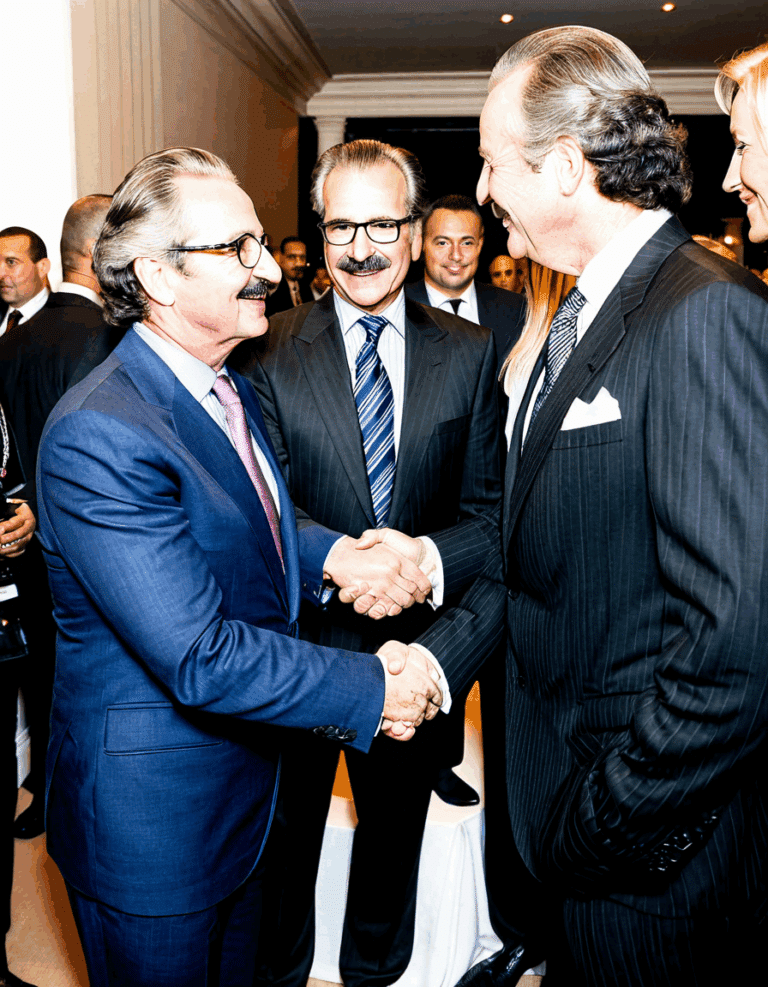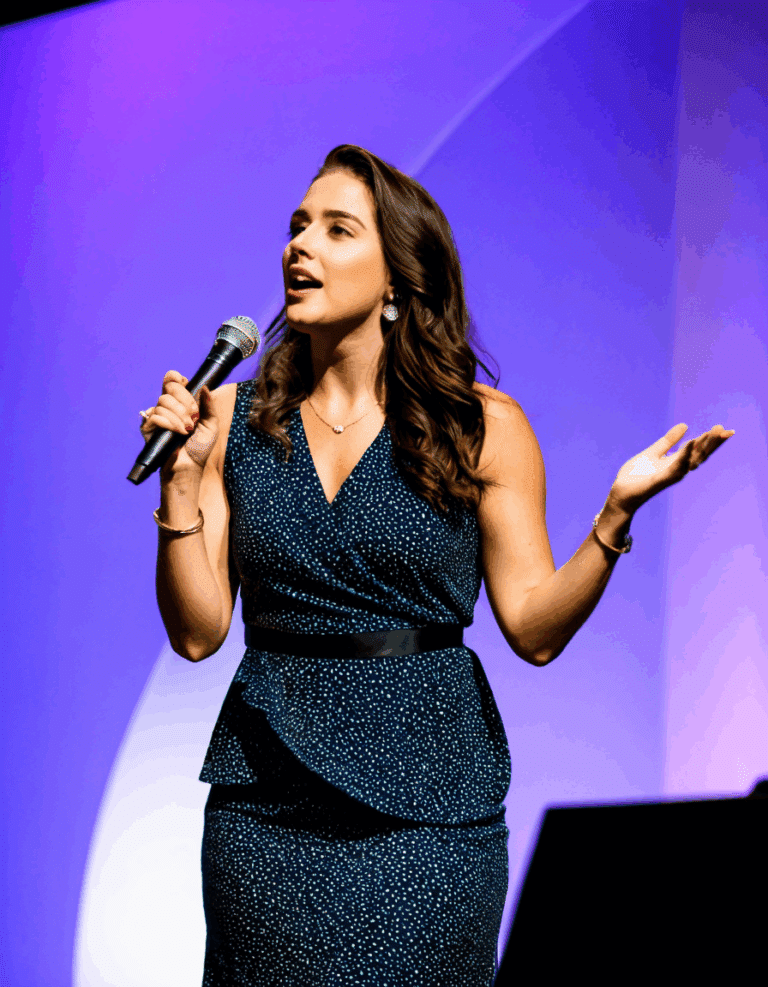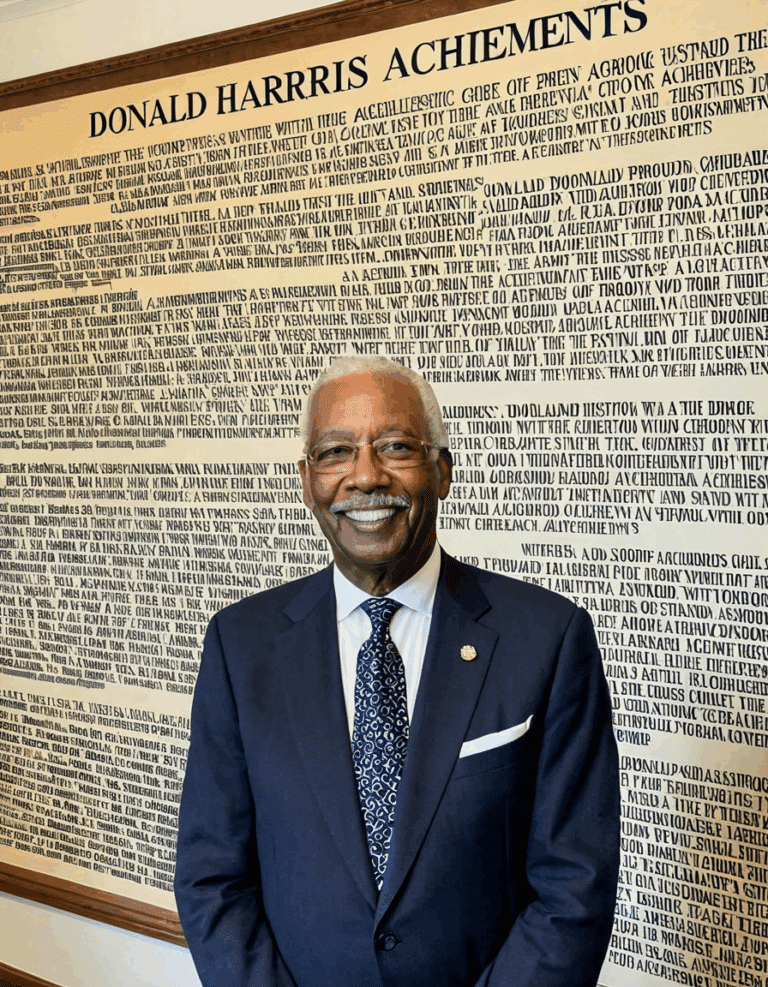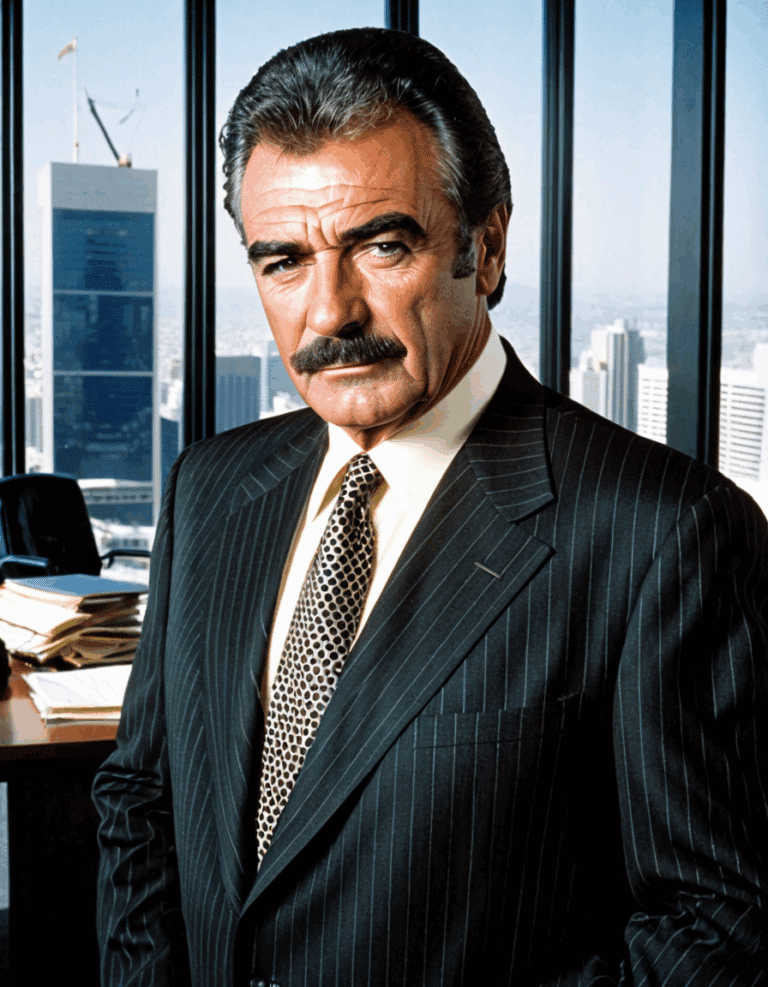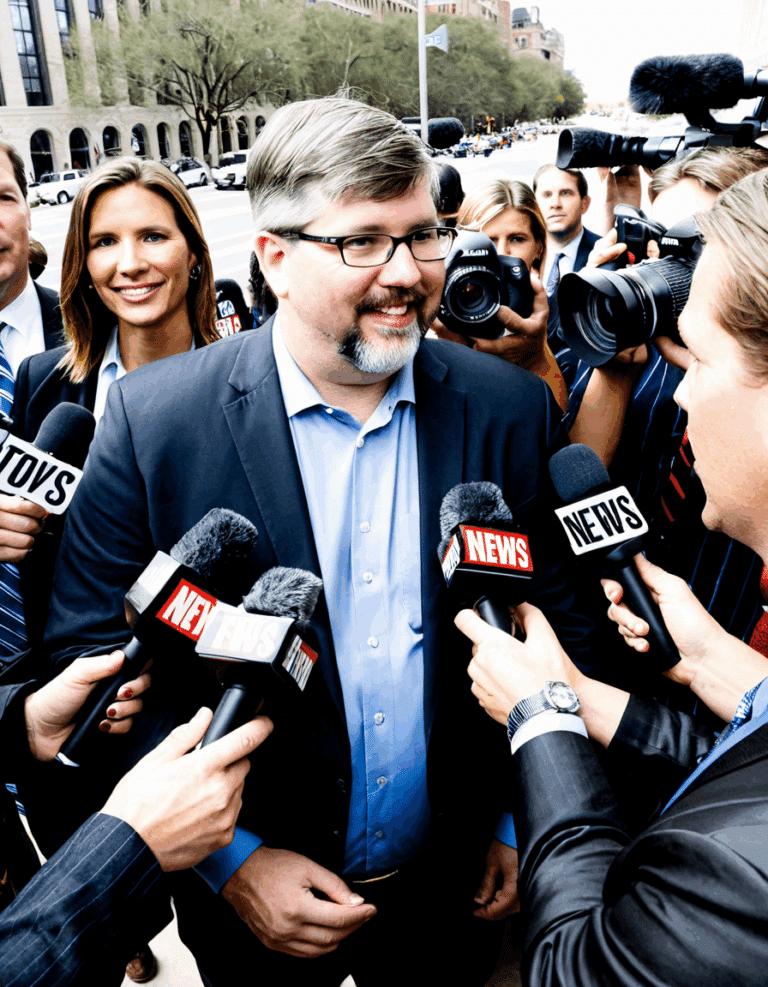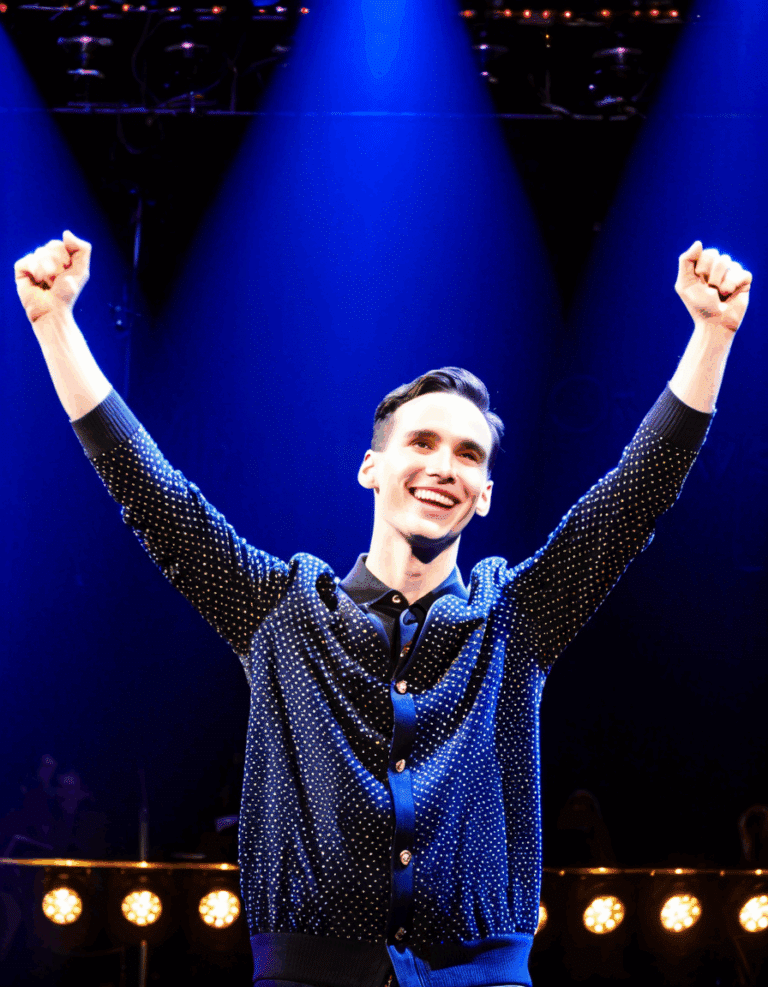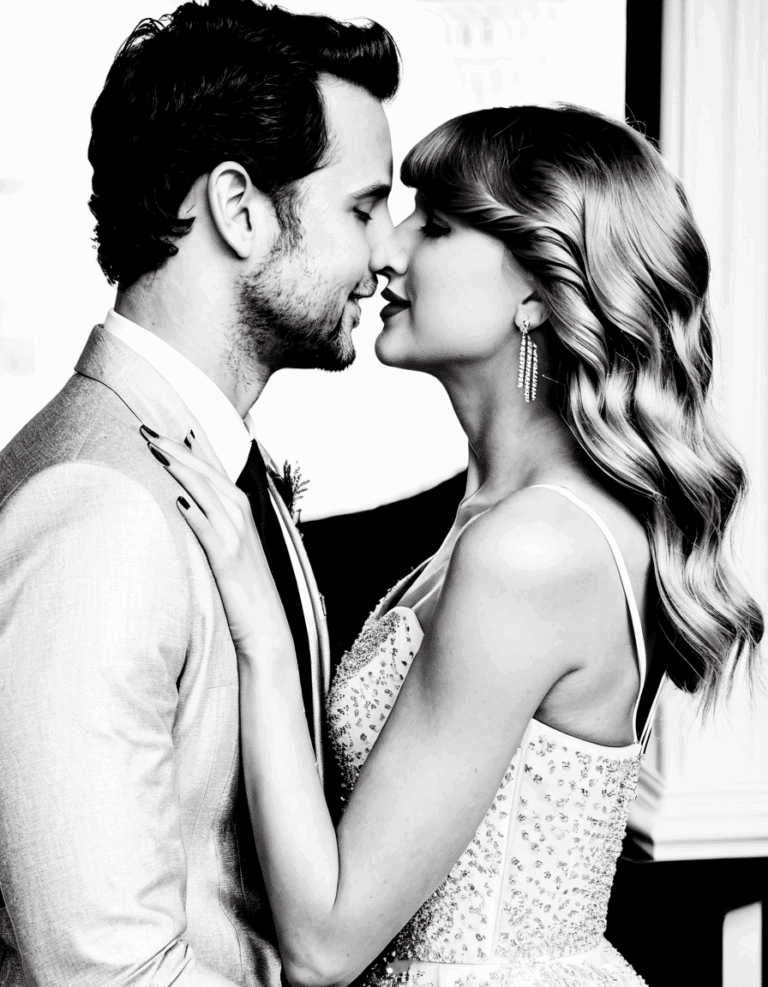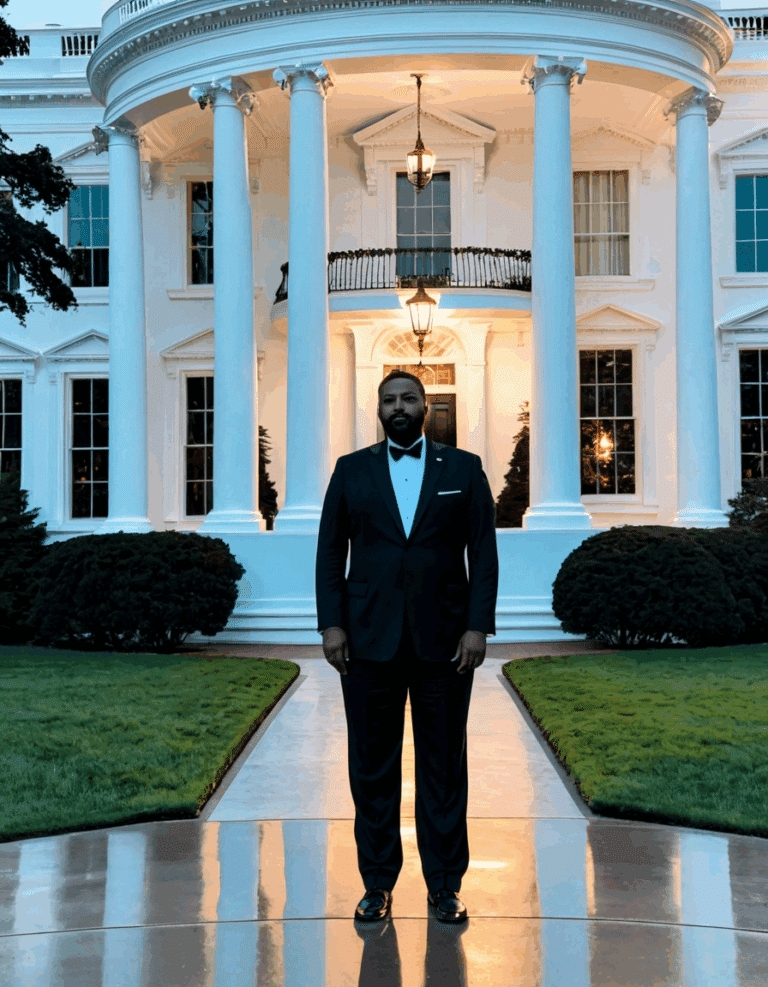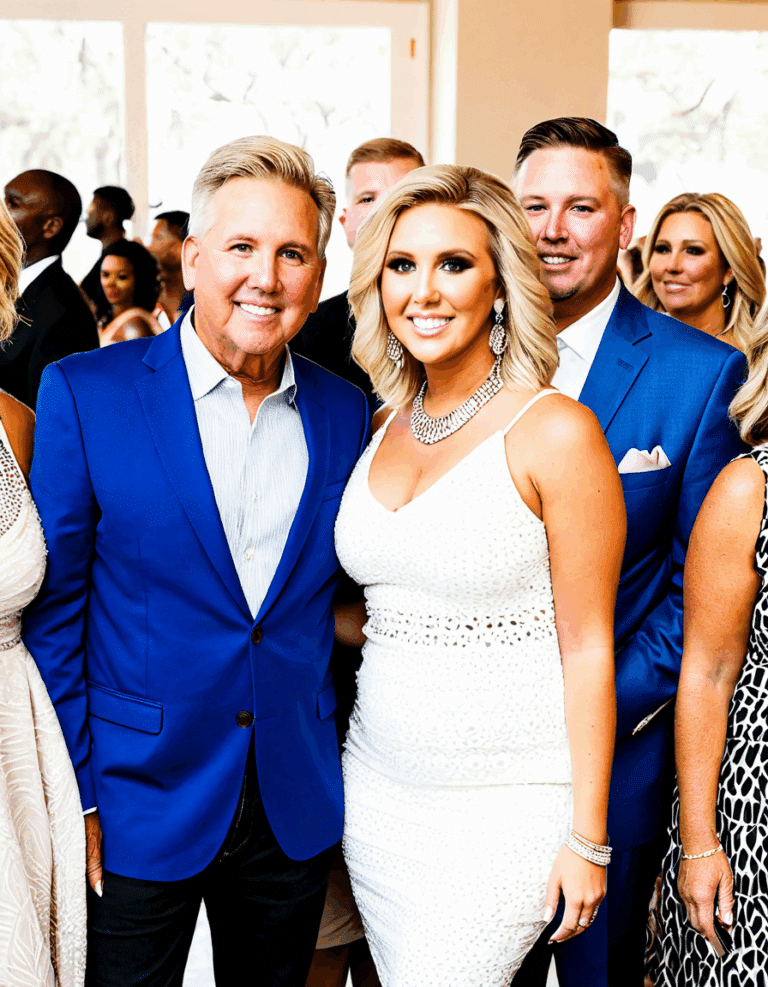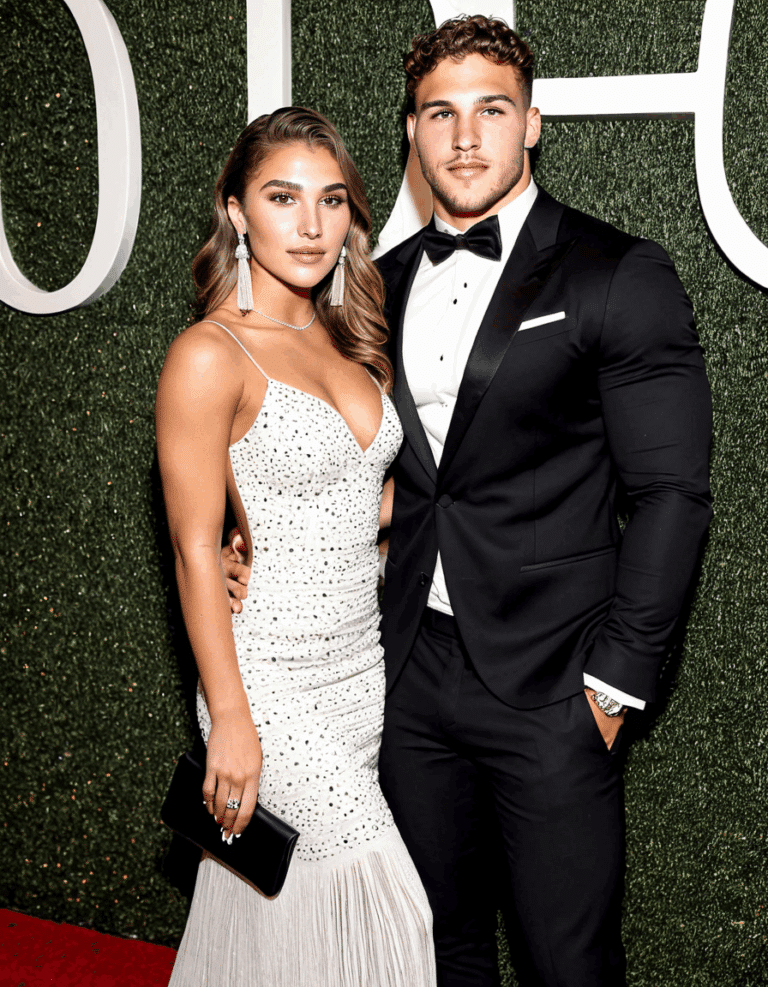In recent years, the term “woke” has become a lightning rod for discussion across culture, politics, and business. In this article, we dive deep into notable woke examples that serve as a stark reflection of changing societal norms, ultimately challenging our cherished traditional values. Prepare for the insights into seven significant incidents illustrating this transformation, where the evolving ideas of “wokeness” clash with long-held beliefs.
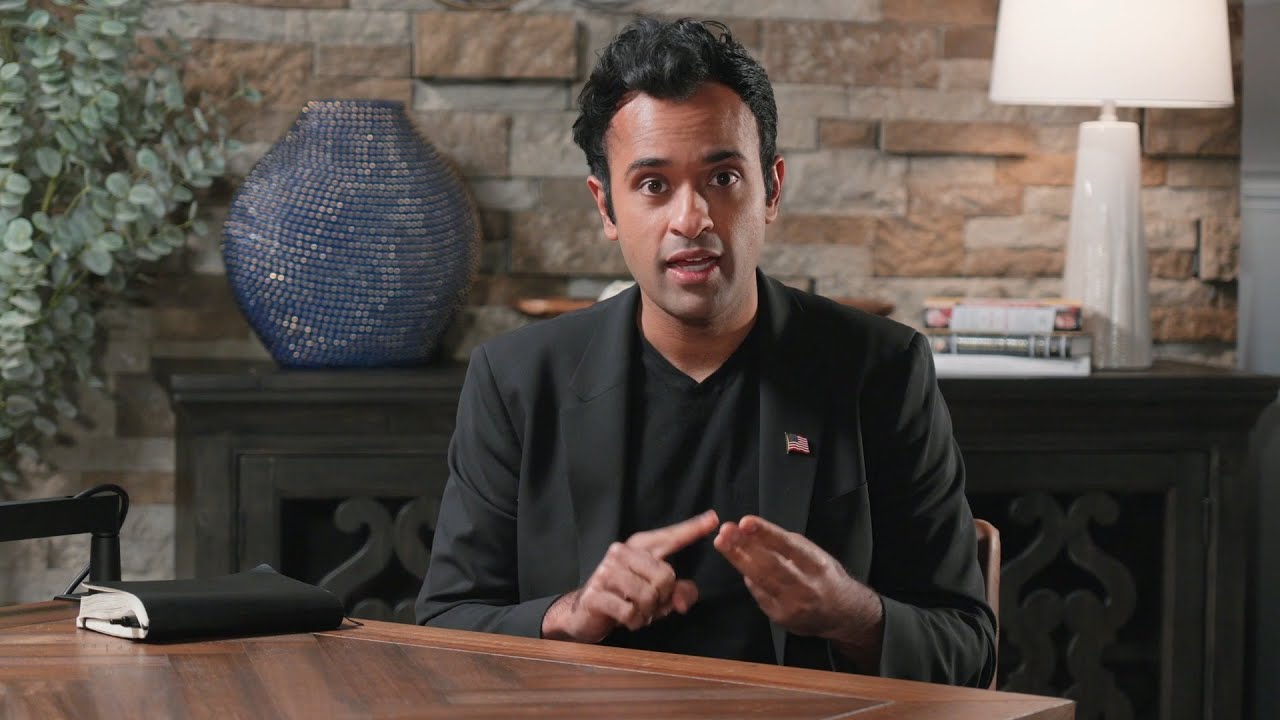
1. Rust Trial and the Fallout of ‘Woke’ Culture
The Rust movie shooting incident, involving Alec Baldwin, opened a can of worms about accountability and the insatiable nature of “wokeness” in Hollywood. The ensuing trial exposed much more than negligence; it signaled a desperate attempt within the film industry to prioritize diversity over experience. These discussions spotlight the ongoing tug-of-war between traditional filmmaking dynamics and modern inclusive mandates, leaving fans and critics at odds regarding the future of cinematic storytelling.
As the trial revealed striking details about the production oversight, it became evident that the industry’s push for diverse sets often blindsides established practices. Viewers see big names espousing new values, while seasoned professionals find themselves sidelined. The fallout raises vital questions: are creative standards sacrificing integrity at the altar of “wokeness”? This evolving industry landscape represents a battle that is far from over, leaving the audience anxious about whether these changes would yield artistic brilliance or a diluted product.
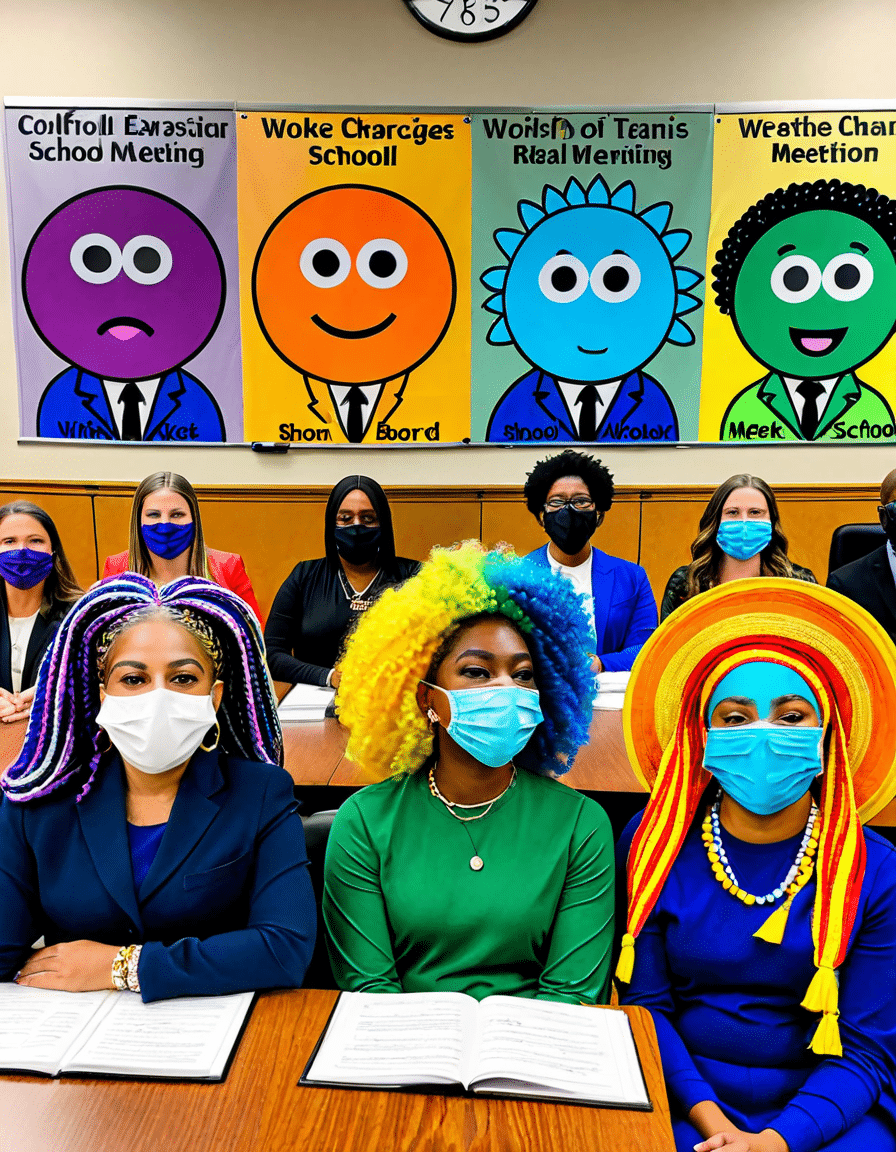
2. Cher’s Advocacy Through Son Elijah
Here’s a name that resonates deeply in many conversations about evolving traditional views—Cher. Through her unconditional love and support for her son, Elijah Blue Allman, she has taken on the mantle of activism, challenging conventional views on LGBTQ+ rights. Sharing personal narratives from her journey, Cher advocates for compassion and acceptance, illustrating how familial bonds have transformed dramatically in modern times.
The singer’s openness around her support for her son’s identity sheds light on a broader dialogue about acceptance and understanding. Cher’s voice adds another layer to the conversation, illustrating a departure from traditional narratives of motherhood. Her influence invites us to question just how much those old views limit our understanding of love and support within families.
In showcasing her son and his journey, set against the backdrop of cultural shifts, Cher embodies the changing landscape where acceptance is not merely encouraged; it’s demanded. Families today may look different, and Cher demonstrates how love transcends the boundaries of tradition, embracing diverse identities wholeheartedly.

3. The USFL’s Progressive Stance
The United States Football League (USFL) stands at the forefront of the movement reshaping the perceptions of masculinity in sports. By promoting inclusivity and representation, the USFL isn’t just playing football; it is also championing woke principles. The league’s decision to highlight athletes from varied backgrounds emphasizes social justice issues while challenging traditional notions of toughness in sports.
Through campaigns centering around equality, the USFL redefines what it means to be an athlete today. Players aren’t locked into rigid stereotypes but are encouraged to express their identities openly. This transformation elicits mixed feelings; fans who long for traditional masculinity might feel alienated, while a younger audience welcomes this fresh approach.
It’s vital to consider how this new thinking impacts the fan experience. As movements for inclusivity gain momentum, the conversations surrounding them inevitably collide with conservative traditionalist views, creating an environment ripe for spirited debate among fans and critics alike. In essence, the USFL illustrates a larger cultural shift, enveloping sports responsibility within the dialogue on social justice.

4. Not the Bee: Satire and the Woke Phenomenon
In the swirl of modern discourse, Not the Bee has established itself as a vital hub for commentary on woke culture. This satirical site utilizes humor to dissect the absurdities of extreme political correctness, shedding light on the implications of woke ideology in today’s society. With a flair for dissecting headlines and news stories, this platform gives conservative values a voice in a largely progressive narrative landscape.
Using satire, Not the Bee challenges the cultural norms dictated by extreme wokeness, revealing the contradictions in today’s discourse. The website acts as a counterweight to the more established media, encouraging readers to reflect critically on the absurdities that dominate public conversations. This form of commentary is essential for sparking debates on freedom of speech, making it a solid contributor to the growing pushback against the woke phenomenon.
As conversations around satire expand, Not the Bee represents more than just comedy; it is a beacon highlighting the overreach of radical political correctness. The persistent exposure of ridiculousness not only entertains but serves to reinforce the importance of preserving conservative values in the face of adversity.
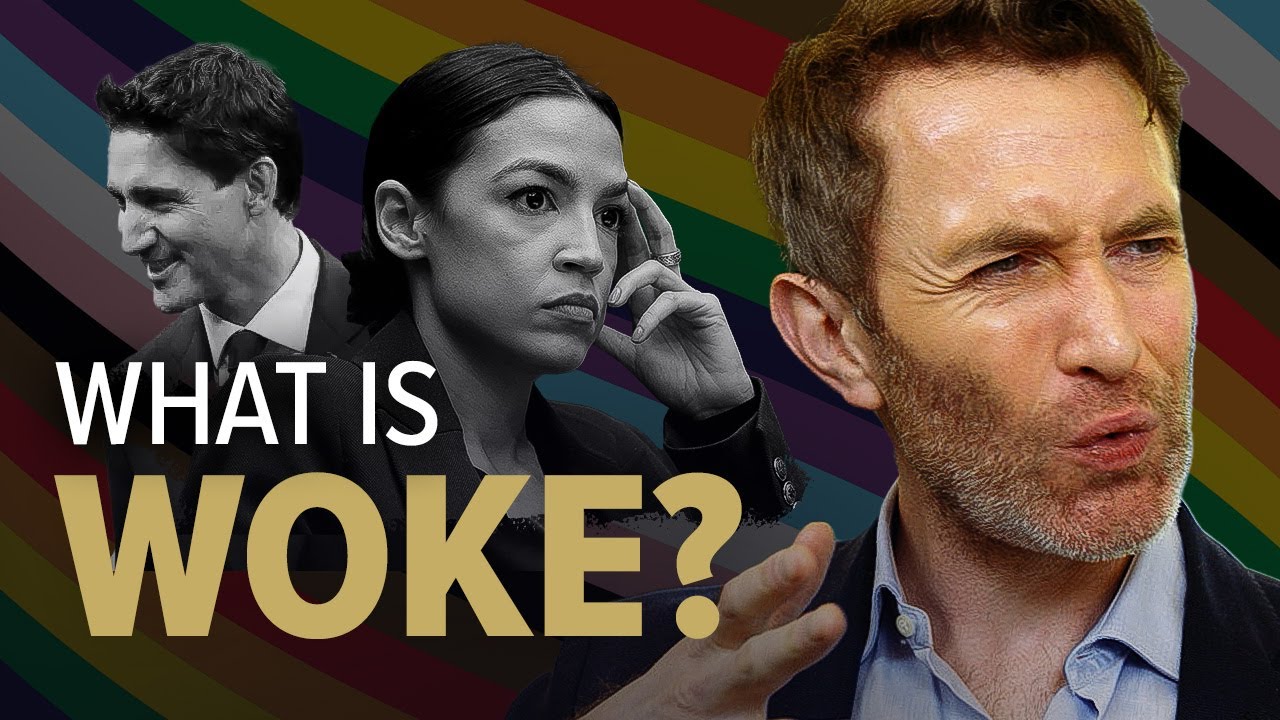
5. The US Open’s Embrace of Diversity and Inclusion
The US Open has taken noticeable strides in promoting diversity, launching initiatives that spotlight athletes from underrepresented groups. This commitment to equality has caught the attention of traditionalists and progressives alike, with debates ensuing about the implications of this cultural shift. The tournament’s efforts to acknowledge and celebrate the diversity of its players illustrate critical dynamics redefining sports.
Fans of tennis might find themselves at an impasse, questioning whether the sport—a bastion of tradition—should embrace broader narratives at the expense of what made it so iconic. The response from more conservative circles has often been one of frustration, perceiving this embrace of diversity as a threat to the sport’s heritage.
With each passing year, the US Open marks its dedication to inclusion with team compositions and social justice protocols, signaling a decisive break from convention. For some, it champions progress; for others, it signals a worrying shift away from time-honored principles that once defined the game.
6. The Criticism of “End Wokeness” Campaigns
Emerging backlash movements advocating for an “End Wokeness” initiative have gained traction, spotlighting major corporations and public figures complicit in progressive policies. These campaigns argue that extreme wokeness stifles freedom of expression, causing upheaval in the corporate world and impacting everyday consumers. The persistent clamor for the end of wokeness reflects a growing unease among those who feel traditional principles are being undermined.
As a result, businesses are forced to navigate this growing divide, considering how their policies resonate with growing sentiments against the overreach of progressive ideals. Critics contend that adhering to woke principles may alienate a significant segment of the consumer base, showcasing a unique intersection of culture and commerce.
These counter-movements have opened pathways for crucial conversations around balance in societal discourse—an ongoing debate vital to shaping our collective future. The resistance against extreme wokeness signifies a push for understanding, allowing those nestled firmly in traditional values to challenge the narrative shaping modern politics and business.
7. Brands and the Shift Towards Woke Marketing
A wave of popular brands has embraced woke marketing strategies, most notably Nike’s support of Colin Kaepernick and Ben & Jerry’s advocacy for social causes. These marketing maneuvers have stirred heated debates among consumers, dividing opinions on whether activism should blend with commerce. This trend poses critical questions about corporate ethics, accountability, and the evolving nature of brand identity in our society.
Nike’s collaboration signifies an undeniable shift; they elevate social justice messages at the risk of alienating traditional consumers. While some celebrate the brand’s stance, others long for a return to neutrality, craving an escape from the chaotic dialogue surrounding activism.
Similarly, Ben & Jerry’s social campaigns, including flavors like “Justice ReMix’d,” showcase the overlap between philanthropy and profit. As brands embrace social responsibility, it blurs the lines between business operation and the principles of civic engagement. This trend opens the door for vigorous discussions about corporate motivations and the potential fallout from encroaching on what consumers once viewed as neutral ground.
Reflecting on Reshaped Paradigms
The seven woke examples explored reflect a powerful moment in society, igniting discord while also fueling discussions surrounding change. The collision between progressive ideals and traditional values prompts individuals and communities to delve deeper into complex dialogues. As we move forward through this cultural evolution, a delicate balance between understanding differing perspectives and assertively upholding conservative beliefs becomes essential.
The modern landscape is one where conversations about acceptance, representation, and ethics reign supreme. Our associations with contemporary discussions often require reopening the dialogue around traditional values, presenting compelling dynamics amid an ocean of change. From Hollywood to the sports world and corporate boardrooms, the time is ripe for spirited engagement, where perspectives can meld with respect and contemplation.
Engaging in these discussions allows for greater harmony—if approached with an open mind and a willingness to reconsider entrenched beliefs. The road ahead may appear daunting, but it opens the opportunity for a brighter, more conscientious future where traditional and progressive ideas harmonize for the greater good.
For more on how these cultural shifts impact our country, check out the latest insights in North Carolina news and Arkansas news. Stay connected as we navigate these transformative times together and discover more unfolding narratives.
In the spirit of tradition, it’s essential to preserve the values that define us while adapting to the new paradigms that emerge. It calls for resilience, respect, and an unwavering commitment to our core beliefs as we chart our collective future. With engaging platforms like Pilon and Not The Bee leading the charge, there’s hope that the conversation can evolve constructively.
Woke Examples That Challenge Traditional Views Today
The Rise of Woke Fashion
Did you know that among today’s woke examples, fashion is a big player? In the name of inclusivity, some brands have taken a stand, transforming traditional apparel into statements of social justice. For instance, a popular outfit at protests has been a classic sweater vest, which not only brings back retro vibes but also symbolizes a shift in how clothing is perceived. It’s fun to think that a simple piece of clothing can represent deeper values! On a different note, stores like Urban Outfitters have jumped on this trend by offering items that reflect social movements, and using an urban Outfitters Promo code makes it easier for everyone to participate in this fashion revolution.
Icons of Change
Speaking of change, did you catch Victor Newmans latest makeover? He’s not just a character on The Young and the Restless; he has become a whole archetype for modern masculinity and self-expression. Reflecting some woke examples, he challenges conventional masculinity that used to dominate TV screens. Now, that’s something that gives us a reason to rethink who we idolize! Similarly, public figures like Dean Bruer are also reshaping narratives by engaging directly in social issues and promoting awareness around them. Their journeys remind us that every voice can lead to a shift in how society views pivotal topics.
Unexpected Trivia
Now for a fun fact to sip on: ever wondered What Is vodka made From? Historically, vodka was distilled from grains like rye and wheat, but today’s craft distilleries are experimenting with various ingredients—from corn to potatoes. This exploration parallels the way woke examples often push boundaries, much like artisans pushing the limits of traditional vodka recipes. It’s an interesting reflection of how traditions can evolve while still being enjoyed. The next time you’re sipping on your favorite spirit, think about how these shifts, however small, can signify larger societal changes.








